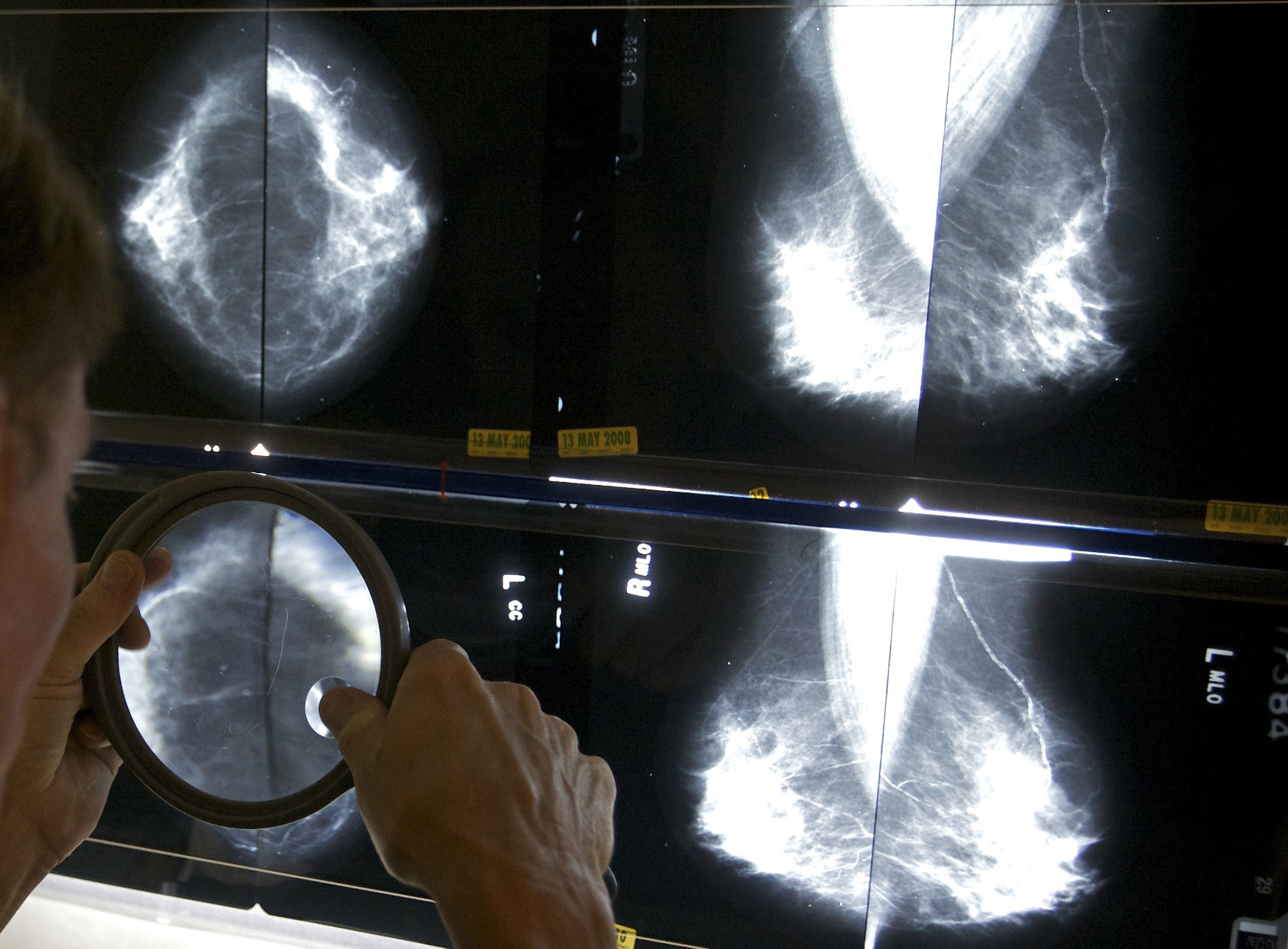3 Doors Down Singer Brad Arnold's Stage 4 Cancer Battle
3 Doors Down Frontman Brad Arnold Braves Stage 4 Kidney Cancer Battle
An Unexpected Revelation: Brad Arnold's Kidney Cancer Diagnosis
Life can throw curveballs, can't it? Just when you think you've got it all figured out, something unexpected comes along. For Brad Arnold, the iconic frontman of 3 Doors Down, that curveball came in the form of a stage 4 kidney cancer diagnosis. In a recent announcement that sent shockwaves through the music world, Arnold shared his personal battle with fans, revealing the challenging road ahead. But what does this mean for the band, for Brad, and for the fans who have grown up with their music? Let's delve into the details.
The Announcement: A Candid Message from the Band
The news broke via a heartfelt video posted jointly on Instagram by Brad Arnold and his 3 Doors Down bandmates – Chris Henderson, Greg Upchurch, Chet Roberts, and Justin Biltonen. The raw honesty and unified front of the band spoke volumes about their bond and commitment to each other, even amidst this personal crisis.
“I’ve been sick a couple of weeks ago and then went to the hospital,” Arnold shared in the video. “And got it checked out and had actually got the diagnosis that I had clear cell renal [cell] carcinoma.”
Understanding Clear Cell Renal Cell Carcinoma
What is Clear Cell Renal Cell Carcinoma?
Clear cell renal cell carcinoma (ccRCC) is the most common type of kidney cancer, accounting for about 70-80% of all kidney cancer diagnoses. It's called "clear cell" because the cells appear pale or clear under a microscope due to their high lipid content. This type of cancer originates in the lining of the proximal convoluted tubule, a vital part of the kidney that filters waste and reabsorbs essential substances.
Why is Staging Important?
Staging is critical in cancer diagnosis as it determines the extent of the disease's spread. Stage 4, in particular, signifies that the cancer has metastasized, meaning it has spread beyond the kidney to distant organs or lymph nodes. This often makes treatment more complex and requires a multidisciplinary approach.
Stage 4 Kidney Cancer: What Does it Mean?
Receiving a stage 4 cancer diagnosis is undoubtedly daunting. It indicates that the cancer has spread beyond the kidney to other parts of the body, such as the lungs, bones, or liver. This often involves more aggressive treatment strategies aimed at controlling the spread and improving the patient's quality of life. But don't lose hope! Modern medicine has made significant strides in treating even advanced cancers. There are more tools and techniques available than ever before to battle this disease.
Treatment Options for Stage 4 Kidney Cancer
Targeted Therapy
Targeted therapy drugs are designed to specifically attack cancer cells while minimizing harm to healthy cells. They often work by inhibiting the growth of blood vessels that feed the tumor (angiogenesis inhibitors) or by blocking specific proteins involved in cancer cell growth.
Immunotherapy
Immunotherapy harnesses the power of the body's own immune system to fight cancer. These drugs can help the immune system recognize and attack cancer cells. Checkpoint inhibitors are a common type of immunotherapy used in kidney cancer treatment.
Surgery
In some cases, surgery may still be an option, even in stage 4 kidney cancer. Nephrectomy, the surgical removal of the kidney, can help reduce the tumor burden and improve the effectiveness of other treatments.
Radiation Therapy
Radiation therapy uses high-energy beams to kill cancer cells. It may be used to treat tumors that have spread to other parts of the body, such as the bones or brain.
The Importance of Early Detection and Prevention
While Brad Arnold's diagnosis came later in the disease's progression, it underscores the vital role of early detection and prevention. Regular check-ups, awareness of risk factors, and a healthy lifestyle can significantly impact the outcome of kidney cancer and many other diseases.
Risk Factors for Kidney Cancer
- Smoking
- Obesity
- High blood pressure
- Family history of kidney cancer
- Certain genetic conditions
- Long-term dialysis
Prevention Strategies
- Quit smoking
- Maintain a healthy weight
- Control blood pressure
- Eat a balanced diet
- Stay physically active
- Consider genetic testing if you have a family history
3 Doors Down: The Band's Unwavering Support
Throughout the announcement, the unwavering support from Brad Arnold's 3 Doors Down bandmates was palpable. Their presence in the video, the shared post, and their unified message demonstrated a bond that goes beyond music. This kind of support system is crucial for anyone battling a serious illness, providing emotional strength and encouragement during challenging times. What a great picture of true friendship!
Impact on Upcoming Tour Dates and Performances
Understandably, Brad Arnold's diagnosis raises questions about 3 Doors Down's upcoming tour dates and performances. While the band has not yet announced any specific changes, it's reasonable to expect some adjustments to accommodate Brad's treatment schedule and recovery. The band has released the following statement, "We are all banding together to give Brad all the support that he needs. We are looking forward to getting back on the road soon!" Fans are eagerly awaiting updates and sending their best wishes for Brad's speedy recovery.
The Power of Music and Community
Music has a unique ability to connect people, offering solace, inspiration, and a sense of community. In times of adversity, this power becomes even more profound. Brad Arnold's openness about his diagnosis provides an opportunity for fans to rally around him, offering their support and sharing their own stories of resilience. It's a testament to the enduring impact of music and the human spirit.
Public Reaction and Support for Brad Arnold
The news of Brad Arnold's diagnosis has been met with an outpouring of support from fans, fellow musicians, and the wider public. Social media platforms have been flooded with messages of encouragement, prayers, and well wishes for a speedy recovery. This collective display of empathy and solidarity underscores the importance of raising awareness about cancer and supporting those who are battling the disease. Let's keep those positive vibes flowing!
The Importance of Mental Health During Cancer Treatment
Battling cancer is not just a physical challenge; it's also an emotional and mental one. Dealing with the diagnosis, treatment side effects, and uncertainty about the future can take a significant toll on mental well-being. Seeking professional help, practicing mindfulness, and connecting with support groups can be invaluable tools for maintaining mental health during this difficult journey. Remember, it's okay to ask for help.
Advances in Kidney Cancer Research and Treatment
Hope on the Horizon
The field of kidney cancer research is constantly evolving, with new discoveries and treatment options emerging regularly. Researchers are working tirelessly to develop more effective therapies, improve early detection methods, and personalize treatment plans based on individual patient characteristics. This progress offers hope for improved outcomes and a better quality of life for those affected by kidney cancer. The future of cancer treatment is looking brighter every day.
How Can You Help?
There are many ways to support those affected by kidney cancer. You can donate to cancer research organizations, volunteer your time, or simply spread awareness about the disease. Even small acts of kindness can make a big difference in the lives of patients and their families.
- Donate to Kidney Cancer Research
- Volunteer at a Local Cancer Center
- Participate in Fundraising Events
- Spread Awareness on Social Media
- Offer Support to Friends or Family Members Battling Cancer
Looking Ahead: Brad Arnold's Journey and the Future of 3 Doors Down
The road ahead for Brad Arnold will undoubtedly be challenging, but his strength, coupled with the support of his bandmates, family, and fans, will be a powerful force. While the future of 3 Doors Down may be uncertain in the short term, their legacy as a beloved rock band remains intact. Their music will continue to inspire and uplift fans around the world, and we all hope to see them back on stage soon. Let's keep Brad in our thoughts and send positive energy his way as he navigates this journey.
Conclusion: A Message of Hope and Resilience
Brad Arnold's stage 4 kidney cancer diagnosis is a stark reminder of the challenges life can present. However, it also highlights the power of resilience, the importance of community, and the unwavering spirit of those who face adversity with courage and determination. As Brad embarks on this journey, he has the support of millions of fans, and we wish him strength, healing, and a triumphant return to the stage. This is more than just a story about cancer; it's a story about hope, perseverance, and the enduring power of music.
Frequently Asked Questions (FAQs)
- What is the difference between stage 3 and stage 4 kidney cancer?
Stage 3 kidney cancer means the cancer has spread beyond the kidney but is still relatively localized. Stage 4 means the cancer has spread to distant organs or lymph nodes, indicating a more advanced stage.
- What are the common symptoms of kidney cancer?
Common symptoms include blood in the urine, persistent back pain, a lump or mass in the side or back, fatigue, loss of appetite, and unexplained weight loss. However, early-stage kidney cancer often has no symptoms.
- How is kidney cancer typically diagnosed?
Diagnosis often involves imaging tests like CT scans or MRIs, as well as a biopsy to confirm the presence of cancer cells.
- What is the survival rate for stage 4 kidney cancer?
Survival rates vary depending on factors such as the patient's overall health, the specific type of kidney cancer, and the effectiveness of treatment. It's best to discuss prognosis with an oncologist.
- What lifestyle changes can help someone with kidney cancer?
Adopting a healthy lifestyle that includes a balanced diet, regular exercise, and avoiding smoking can help improve overall well-being and potentially enhance treatment outcomes.


